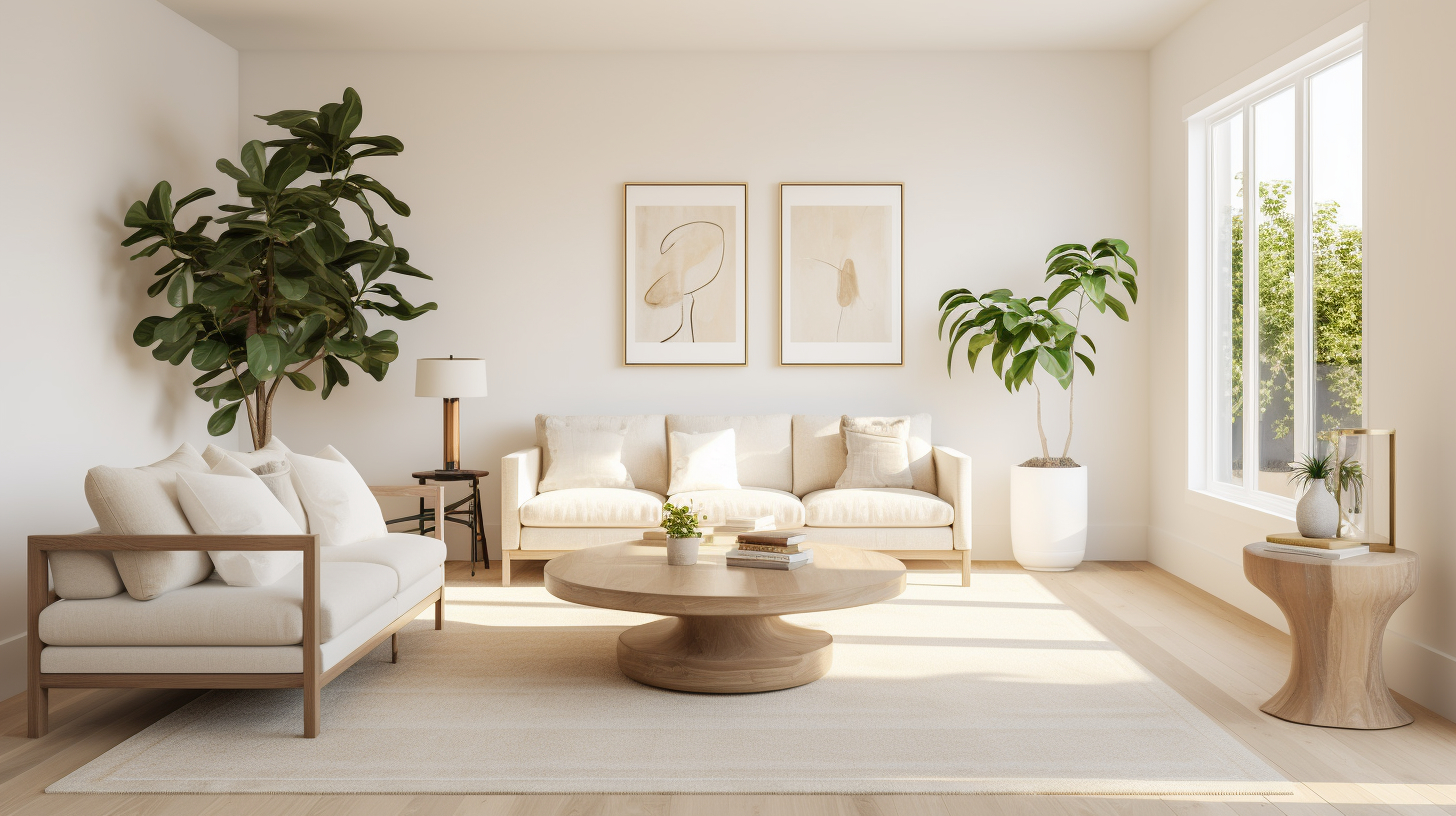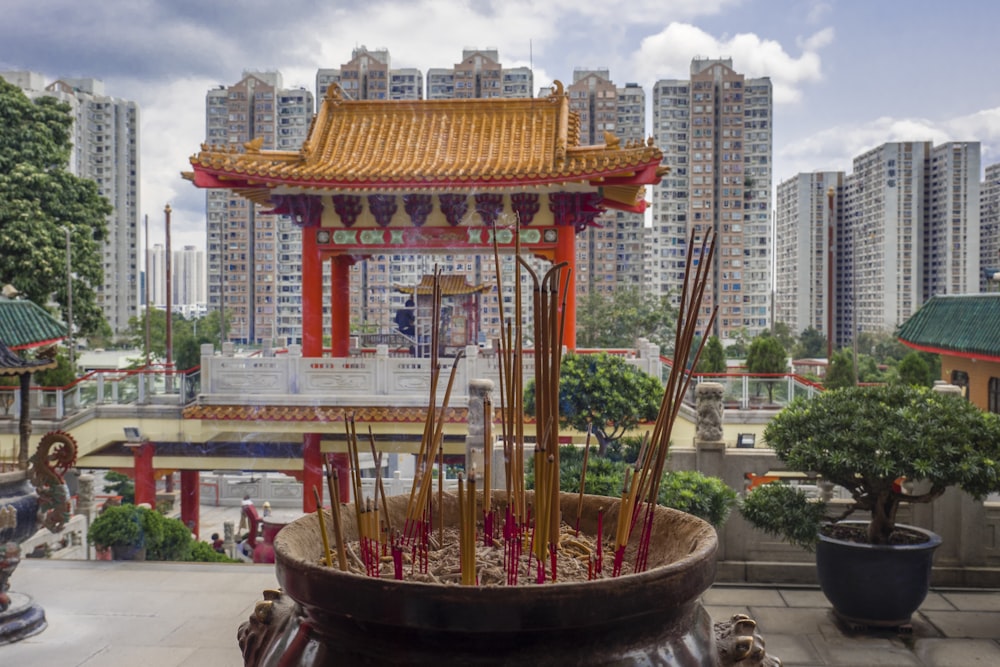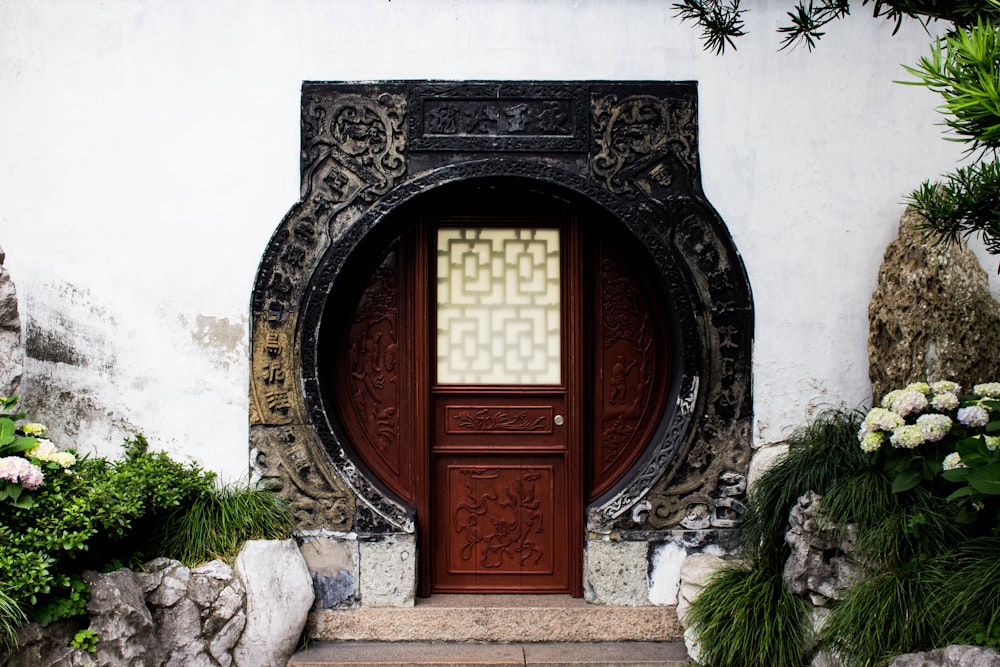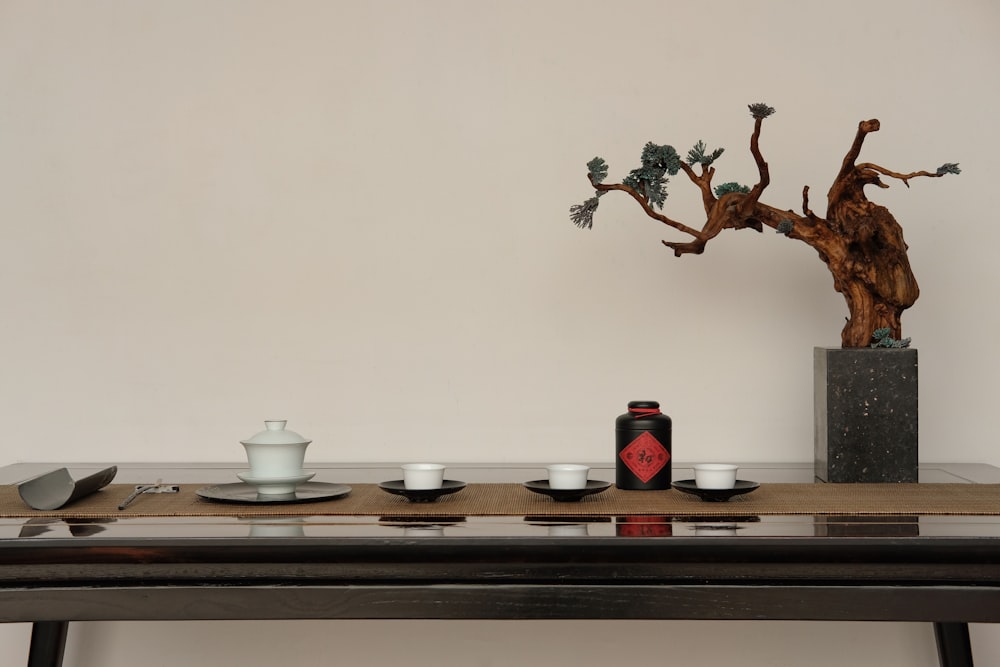Welcome to the world of minimalist Feng Shui, where harmony and balance are key to creating a peaceful and inviting home. In this article, we will explore how to achieve zen with minimalist Feng Shui in your living space. Whether you are a seasoned Feng Shui enthusiast or new to the concept, this guide will provide you with valuable insights and practical tips to harmonize the energy in your home.
Achieving Zen with Minimalist Feng Shui
In today’s fast-paced world, it’s easy to feel overwhelmed and surrounded by clutter. Minimalist Feng Shui offers a refreshing approach to interior design by embracing simplicity, decluttering your space, and focusing on essential elements that promote positivity and well-being. By incorporating these principles into your home, you can transform your surroundings into a calming sanctuary that nurtures your mind, body, and soul.
So, if you’re ready to create a serene and harmonious space that supports your well-being, let’s dive into the principles and techniques of minimalist Feng Shui. Discover how you can achieve balance, declutter your home, and enhance the flow of positive energy throughout your living environment.
Understanding Minimalist Feng Shui
Introduction
Have you ever walked into a space that immediately made you feel calm and at peace? That’s the power of good energy flow, and it’s what minimalist Feng Shui aims to achieve. Minimalist Feng Shui is a contemporary approach to the ancient practice of Feng Shui, which focuses on harmonizing the energy in your home. By combining the principles of minimalism with the wisdom of Feng Shui, you can create a serene and balanced environment that promotes well-being and tranquility.
Importance of Minimalism in Feng Shui
Minimalism is at the core of minimalist Feng Shui. By embracing a minimalist lifestyle, not only do you declutter your physical space, but you also declutter your mind. Minimalism encourages us to let go of the excess and focus on what truly matters. This simplicity and clarity is essential for achieving balance and harmony in our homes.
Fundamentals of Minimalist Feng Shui
Minimalist Feng Shui follows a few fundamental principles that guide the arrangement of objects and furniture in your space. Here are a few key concepts to keep in mind:
- Quality Over Quantity: Less is more in minimalist Feng Shui. Instead of filling your home with unnecessary items, focus on choosing high-quality pieces that bring you joy and have a purpose.
- Open Space: Creating open space is crucial in minimalist Feng Shui. Allow the energy (or chi) to flow freely by arranging furniture in a way that promotes movement and doesn’t block the pathways.
- Natural Elements: Bringing elements of nature into your home is essential for balanced energy. Incorporate natural materials such as wood, stone, and plants to create a sense of harmony.
- Function and Flow: Every item in your home should have a purpose and contribute to the overall flow of the space. Remove anything that doesn’t serve a function or disrupts the energy flow.
By embracing these fundamentals, you can lay the foundation for a minimalist Feng Shui practice that will transform your living environment.
Harmonizing Spaces with Feng Shui
In the practice of minimalist Feng Shui, the emphasis is on creating harmony and balance within our living spaces. By understanding and implementing the principles of Feng Shui, we can create an environment that promotes positive energy flow and a sense of tranquility. Here are some key aspects to consider when it comes to harmonizing spaces with minimalist Feng Shui.
Command Position
One of the fundamental principles of Feng Shui is the concept of the command position. This refers to placing furniture, such as desks or beds, in a position where the individual can see the entrance to the room without being directly in line with the door. By adopting the command position, you establish a sense of security and control, promoting a peaceful and harmonious environment.
Creating Balance and Harmony
Another important element of minimalist Feng Shui is creating balance and harmony in your space. This can be achieved by arranging furniture and objects in a way that promotes a sense of equilibrium. For example, if you have a large piece of furniture on one side of the room, balance it out with something of a similar size and weight on the other side. This symmetrical arrangement helps to distribute energy evenly throughout the space.
Clearing the Clutter
A cluttered space can lead to a cluttered mind. In minimalist Feng Shui, it is essential to declutter and organize your environment to allow energy to flow freely. Remove any unnecessary items and find designated spaces for the items you do choose to keep. Keep surfaces clear and clean, allowing for a sense of calm and clarity.
Importance of Natural Light
Natural light is a powerful element in bringing positive energy into your space. When designing your home with minimalist Feng Shui in mind, prioritize maximizing natural light. Avoid blocking windows with heavy curtains and instead opt for sheer or light-colored window treatments that allow light to filter through. This not only brightens your space but also uplifts the energy within it.
Use of Color and Shapes
Color and shapes play a significant role in minimalist Feng Shui. Each color and shape is associated with different elements and can have an impact on the energy of a room. For example:
- Soft blues and greens promote calmness and tranquility, perfect for bedrooms and relaxation areas.
- Red, orange, and yellow are associated with warmth and energy, making them suitable for social spaces like the living room or kitchen.
Square and rectangular shapes represent stability, while curved or round shapes symbolize fluidity and creativity.
By consciously incorporating colors and shapes that align with the energy you want to bring into a space, you can create an ambiance that fosters harmony and balance.
Remember, harmonizing spaces with minimalist Feng Shui is about creating an environment that supports your well-being and promotes positive energy flow. By implementing these principles, you can transform your living spaces into sanctuaries of peace and tranquility. So take some time to assess your home, make adjustments as needed, and embrace the serenity that minimalist Feng Shui can bring.
Also Read: Achieving Zen with Minimalist Feng Shui in 2023
Minimalist Feng Shui for Different Parts of the Home
Creating a harmonious and balanced living environment is essential for a peaceful and serene home. In this section, we will explore how you can apply the principles of minimalist Feng Shui to different parts of your home to maximize positive energy and create a sense of tranquility. Let’s dive in!
Living Room
The living room is often the heart of the home, where family and friends gather to relax and socialize. Here are some tips to incorporate minimalist Feng Shui in your living room:
- Declutter: Clear out any unnecessary items or furniture that may disrupt the flow of energy in the room. A clutter-free space will help promote a sense of calmness and serenity.
- Comfortable seating: Arrange your furniture in a way that encourages conversation and connection. Use comfortable chairs and sofas to create a welcoming atmosphere for relaxation.
- Natural materials: Incorporate natural materials such as wood, bamboo, or natural fabrics to bring a touch of nature into your living room. These materials can help create a sense of harmony and balance.
- Balancing elements: Add elements of nature, such as plants or a small indoor fountain, to enhance the positive energy in the room. Just be mindful not to overcrowd the space.
Bedroom
The bedroom is a sacred space for rest and rejuvenation. Here’s how you can use minimalist Feng Shui in your bedroom:
- Soothing colors: Choose soft and soothing colors for your bedroom walls, bedding, and decor. Shades of blue, green, or pastel hues can create a calming and peaceful atmosphere.
- Clutter-free environment: Keep your bedroom free from clutter to promote relaxation and restful sleep. Invest in storage solutions to keep items out of sight and maintain a serene environment.
- Balancing the bed: Position your bed in the command position, which means having a clear view of the entrance while lying in bed. This placement promotes a sense of security and allows positive energy to flow freely.
- Remove electronics: Remove or minimize the use of electronics in the bedroom. Electronic devices emit electromagnetic fields that can disrupt sleep and harmony.
Kitchen
The kitchen is the heart of nourishment and abundance in the home. Apply minimalist Feng Shui principles to create a balanced and harmonious kitchen:
- Clean and organized: Keep your kitchen clean and clutter-free. Regularly declutter countertops and storage spaces to allow energy to flow freely.
- Efficient layout: Ensure an efficient and ergonomic layout in your kitchen. Arrange your appliances, utensils, and cookware in a practical and organized manner for ease of use.
- Balancing elements: Incorporate the five elements – wood, fire, earth, metal, and water – in your kitchen. For example, you can introduce wood by using wooden cutting boards or metal by displaying stainless steel utensils.
- Ample lighting: Ensure your kitchen has ample natural and artificial lighting. Well-lit spaces promote positivity and create a vibrant atmosphere for cooking and nourishment.
Bathroom
The bathroom is a space for relaxation and cleansing. Here’s how you can apply minimalist Feng Shui principles to this area:
- Clean and airy: Keep your bathroom clean, clutter-free, and well-ventilated. Good ventilation helps maintain a fresh and positive environment.
- Soft lighting: Opt for soft and calming lighting in your bathroom. Harsh lighting can create a tense and uncomfortable atmosphere.
- Nature-inspired decor: Bring elements of nature into your bathroom, such as plants or natural materials like bamboo or stone. These elements can create a sense of harmony and tranquility.
- Mirror placement: Be mindful of the placement of mirrors in your bathroom. Avoid having mirrors directly facing the toilet, as it is said to create negative energy.
Entryway
The entryway is the first impression of your home and sets the tone for the energy that flows in. Apply minimalist Feng Shui principles to create a welcoming and inviting entryway:
- Welcoming entrance: Create a clear and inviting entrance to your home. Ensure your front door is well-maintained, clean, and easily accessible. Add some potted plants or a welcome mat to enhance positive energy.
- Organized storage: Incorporate storage solutions near the entryway to avoid clutter. Designate spaces for shoes, coats, and other items to maintain a sense of order and cleanliness.
- Inviting scents: Use natural scents, such as essential oils or fresh flowers, to create a pleasant aroma in the entryway. Pleasant smells can instantly uplift the energy and make your guests feel welcome.
By incorporating minimalist Feng Shui principles into different parts of your home, you can create a serene and balanced living environment that promotes positive energy and tranquility. Experiment with these tips and make adjustments according to your personal preferences and needs. Happy harmonizing!
Tips to Maintain Harmony with Minimalist Feng Shui
Once you have achieved a harmonious balance in your home through minimalist Feng Shui, it’s important to maintain that energy to continue enjoying its benefits. Here are some tips to help you maintain harmony and positive energy in your living space:
Regular Cleaning
One of the fundamental principles of minimalist Feng Shui is keeping your space clean and clutter-free. Regular cleaning not only helps to physically remove dust and dirt but also clears negative energy that may have accumulated. Make it a habit to tidy up your home regularly, focusing on areas that are often overlooked, such as under furniture and in corners. Remember to also declutter regularly by getting rid of items that no longer serve a purpose or bring you joy.
Mindful Consumption
Minimalist Feng Shui encourages mindful consumption, which means being intentional about the things you bring into your home. Before making a purchase, ask yourself if the item aligns with your values and if it will enhance your living environment. Avoid buying unnecessary things that will only contribute to clutter and create a sense of chaos. By practicing mindful consumption, you can maintain a peaceful and balanced atmosphere in your home.
Intentionality in Design
When decorating your space, be mindful of the energy you want to create. Every piece of furniture, artwork, or decor item should have a purpose and intention behind it. Consider the function of each item and how it contributes to the overall flow and energy of the room. Choose colors, materials, and textures that resonate with you and create a sense of peace and tranquility.
Presence and Mindfulness
Incorporate mindfulness practices into your daily life to maintain harmony in your home. Take a few moments each day to be present in your space, appreciating its beauty and the positive energy it provides. Engage in activities that bring you joy and help you connect with your surroundings, such as meditation or yoga. By being fully present and mindful, you can cultivate a deep sense of harmony and peace within your living environment.
By following these tips, you can ensure that your home remains a haven of calm and serenity, allowing you to fully experience the benefits of minimalist Feng Shui. Remember, harmony is an ongoing process, so make these practices a part of your daily routine to maintain the positive energy in your living space.
Also Read: Minimalist Home Design for Families: Balancing Functionality and Style in 2023
Conclusion
In conclusion, incorporating minimalist Feng Shui principles into your home can have a profound impact on the overall energy and harmony of your living space. By embracing the minimalistic approach and decluttering your home, you create a serene and calm environment that promotes relaxation and positivity.
Remember, achieving Zen with minimalist Feng Shui is all about finding balance and harmony in your living spaces. From the placement of furniture to the use of color and shapes, every detail matters in creating a minimalist and calming atmosphere.
By following the tips and guidelines mentioned in this article, you can transform your home into a sanctuary that promotes mindfulness and wellbeing. Embrace minimalism, clear the clutter, and create a space that truly reflects your inner peace.
For more information and inspiring design work ideas, visit Discover the Art of Architecture : A Guide for Homeowners in 2023. Happy Designing!!
If you’re new to the world of minimalism and need guidance on decluttering or selecting clean-lined furniture, the team at Minimalist Home Guru is here to help. Our expert advice and resources cater to new home buyers who prefer a minimalist aesthetic. Visit our website at Minimalist Home Guru for more information and inspiration for creating a calming and clutter-free living space.
Frequently Asked Questions
- What is minimalist Feng Shui?Minimalist Feng Shui is a simplified approach to Feng Shui, focusing on decluttering, organizing, and creating a calm, balanced environment with minimal furniture and accessories.
- What are the benefits of practicing minimalist Feng Shui?Practicing minimalist Feng Shui can bring a sense of tranquility, improve the flow of energy (chi) in your home, enhance productivity, reduce stress, and promote overall well-being.
- How can I start incorporating minimalist Feng Shui in my home?To incorporate minimalist Feng Shui in your home, start by decluttering and getting rid of unused items. Simplify your furniture and décor, create open spaces, use natural materials, and focus on creating a peaceful ambiance.
- What are some key elements of minimalist Feng Shui?Key elements of minimalist Feng Shui include simplicity, natural light, a clutter-free environment, a balanced color palette, proper furniture placement, and incorporating elements of nature.
- Can minimalist Feng Shui be practiced in small spaces?Yes, minimalist Feng Shui is especially suited for small spaces. By decluttering and using space-saving furniture and storage solutions, you can create a harmonious and functional environment even in limited square footage.






